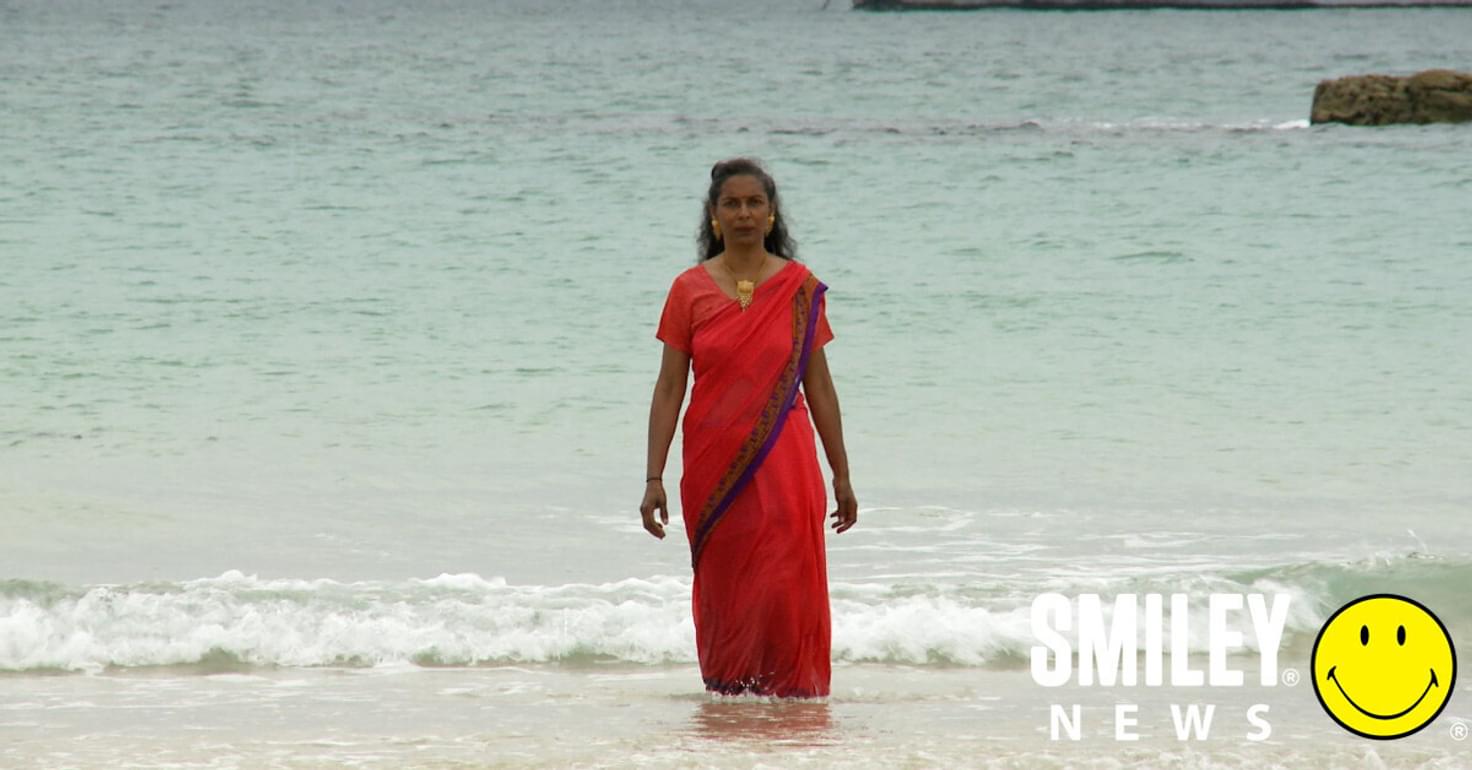
Words by Smiley Team
You're reading Patrons of the Planet, a weekly series where we hear from climate heroes of the global south and the world’s indigenous communities.
Since the age of 16 I’ve been building awareness of our climate’s trajectory and what possible solutions we can adopt. While in the beginning, I thought business was key, I’ve come to believe that it’s our connectivity, support networks and positive human relationships that will save us.
It all started while I was still at school, working on a project to discover how we can better recycle plastic bags, gathering data and presenting it in graphs. At that point I thought we could uplift ourselves and solve everything through entrepreneurship.
I went on to campaign for various climate groups, but what really solidified my commitment to the climate was when I came to understand that my family’s history of dislocation was due to the climate crisis. This taught me a difficult truth - that eventually, I’ll have nowhere else to run.
[Read more positive news stories of hope about the people combatting climate change]
For my family, the repeated pattern of having to move began when my grandparents had to emigrate from India to Uganda because unstable weather patterns destroyed their crops. Then Idi Amin ordered the expulsion of all the Asian people from Uganda. Luckily, my grandparents and my Ugandan-born father were in India visiting relatives at the time, but this meant they couldn’t return and they lost their home and livelihood.
After I was born, my parents were forced to move to the UK because of further crop failure in India. So with the crop failures we’re starting to see here in the UK, I'm the representation of a climate migrant as the third generation that's going to have to engage in conversation about how to survive should my food and shelter be put at risk.
Over time, my faith in business gave way to a belief that we need to drive systemic change and strengthen communities. Today I try to engage the people around me, including people of Asian heritage as well as others from the Global South, in the climate movement.
Through art, events organising, logistics, sharing resources and more, I am attempting to build a space in environmentalism for black and brown people, empowering people of different cultures.
This has seen me designing artwork featuring text in different languages. It’s pushed me to reach out to and do interviews with media outlets that white environmentalists don’t usually consider sending their press releases to. All this work is aimed at bringing people together.
[Discover other good news stories about social and environmental initiatives]
Ultimately, we need to envision the future as we want it to be. That will involve our communities coming together, looking after one another to ensure we are safe and healthy. Because I can tell you now, my brothers and sisters in the Global South are struggling to feed themselves. This means that eventually our food supplies here will also shrink.
To get by, we must learn what solidarity really means. It requires us to see each other as the same, as equals. It means sharing power, resources, and privilege. There is no future without all of us working together.
So this is my plea to everyone: get to know your community, build resilience, be prepared, try to stop global warming from escalating, but if it should happen, know your tribe and how you're going to get through this.
Patrons of the Planet is a weekly series to amplify the voices of heroes on the frontline of climate campaign work, as told to Blyth Brentnall. Every Tuesday, we meet individuals from the global south and indigenous groups who have risen above increasing adversity to support their communities, conserve nature and protect the planet for future generations.